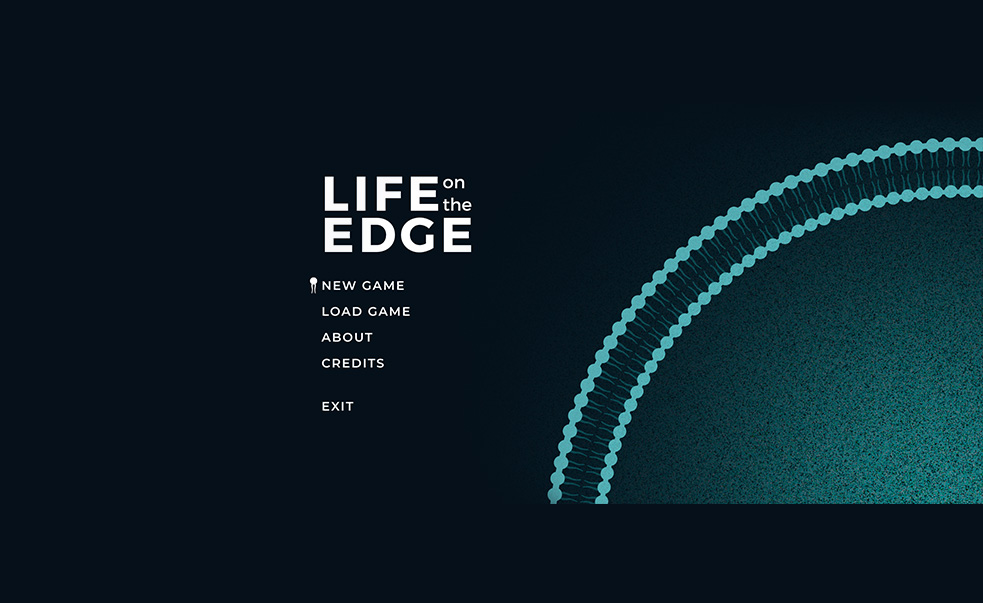DEPARTMENT of BIOLOGICAL SCIENCES
Majors, Minors, Honours
You are curious about the living world—plants and animals, genes and diseases, origins and evolution. You want to explore ideas, test theories and examine the interconnectedness of life, from tiny microorganisms to vast ecological communities.
Evaluating new discoveries; learning your way around a lab; collecting, analyzing and presenting data—learn these skills when you major in biological sciences and then apply them in a variety of careers, including lab analyst, ecologist, policy advisor, science educator and conservation officer. Courses in the department support two streams of study: molecular/cellular biology and ecology/diversity.
Learning outcomes
Upon completion of a Bachelor of Science degree with a major in Biological Sciences, you should be able to:
1.1 Master an understanding of biological systems in terms of:
- Evolutionary processes and outcomes
- The transmission, exchange, and expression of information
- Connections between structure and function
- Transformation and manipulation of energy and matter; diversity
- Relationships between biotic and abiotic elements at a micro and macro level
1.2 Incorporate new information into an existing biological knowledge framework.
1.3 Locate and critically evaluate information, literature, and data.
2.1 Assess the scientific method and its limitations.
2.2 Distinguish between elements of experimental design, including research questions/objectives, hypotheses, methodology, data and results, and conclusions.
2.3 Appraise the limits of data in explaining biological phenomena and communicate these limits when formulating conclusions.
2.4 Describe the peer review process for academic publication.
3.1 Perform basic lab/field skills from both streams and deploy a breadth of skills in their stream of focus.
3.2 Utilize data management techniques and technological tools.
4.1 Evaluate knowledge gaps and their relationship to biological problems.
4.2 Propose and apply methodology to test hypotheses and to collect, analyse, and interpret data.
4.3 Employ disciplinary principles to develop solutions to biological problems.
5.1 Produce effective written and oral communication employing a scientific vocabulary.
5.2 Correctly cite and reference sources.
5.3 Differentiate between the formats in which scientists disseminate knowledge.
5.4 Appraise audiences and tailor communication accordingly.
6.1 Work collaboratively and engage in peer review.
6.2 Recognize ethical challenges and the importance of scientific integrity.
6.3 Describe the role of biologists in society and reflect on their responsibilities and limitations as experts.
 Biology Levels up
Biology Levels up
